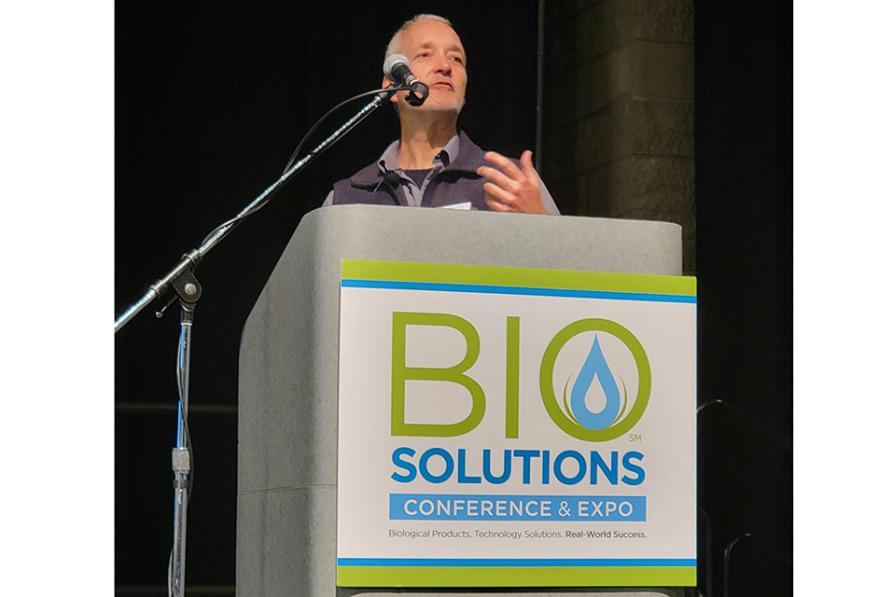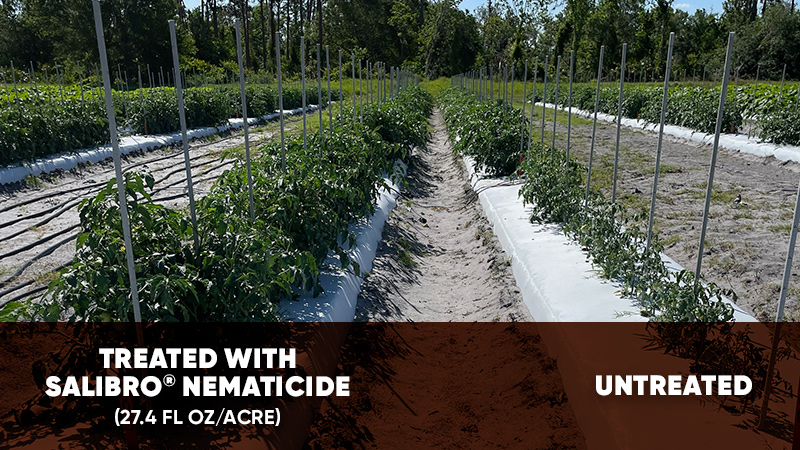Organic Fraud Import Inspections Can’t Dodge COVID-19’s Reach
With the coronavirus crisis throwing every facet of the global ag economy into turmoil, it’s a good time for an update on what’s going on with the USDA National Organic Program (NOP).
If you recall, American Vegetable Grower’s October 2019 cover story detailed the growing effort within NOP to alleviate organic import fraud in our nation’s seaports. We reached out again to a valuable source for that article, Harriet Behar.
Behar, chair of the National Organics Standards Board (NOSB) and an Outreach Specialist with OGRAIN in the Organic and Sustainable Cropping Systems Program at the University of Wisconsin-Madison, had both good and bad news to report around the efforts to stem the tide of fraudulent organic products from making their way into our food system.
First, the Good News.
“We have witnessed sales of organic foods increasing across the board during the pandemic, and large-scale processors in the retail sector are doing well,” she says. “And smaller organic farms serving local markets, growing produce, fruits and even grains (flour), are finding significant increases in their sales. CSAs filled up very quickly this spring.”
As far as fraudulent organic imports go, news has been relatively slow of late, which is probably a good thing.
“Domestic fraud was in the news this past fall and winter, of grains,” Behar explains. “I have not heard of any new issues since February, but like the rest of society, not everything is running at its usual level. We are in limbo like everyone else.”
That current “limbo” situation in organics is mostly due to the proposed “Strengthen Organic Enforcement” rule still “sitting at the Office of Management and Budget in the White House,” according to Behar.
“The organic community is still waiting (for the public comment period to open),” she says. “We have been told by NOP that the administration is ‘supportive’ of the rulemaking, but putting out new proposed regulations is somewhat different from this administration’s usual view on regulations being less is better.”
What Will Inspections Look Like Going Forward?
The coronavirus significantly altered how businesses globally. And for the NOP import inspection program, that means likely transitioning from a physical presence at our nation’s borders and seaports, to attempting to inspect imports virtually.
“Organic inspectors and certifiers, along with NOP, have been busy developing protocols for 100% remote, or a hybrid of in-person and remote inspections, to deal with the challenge of the pandemic,” she says.
Behar also wonders how inspections of new operations will be handled going forward.
“New operations to organic, new fields or types of production, will need in-person inspections, which may or may not be postponed until mid-to-late summer,” she says. “Just like the rest of the country, organic certification is trying to develop a ‘new normal’, at least at this time when we need to continue to socially distance.”










